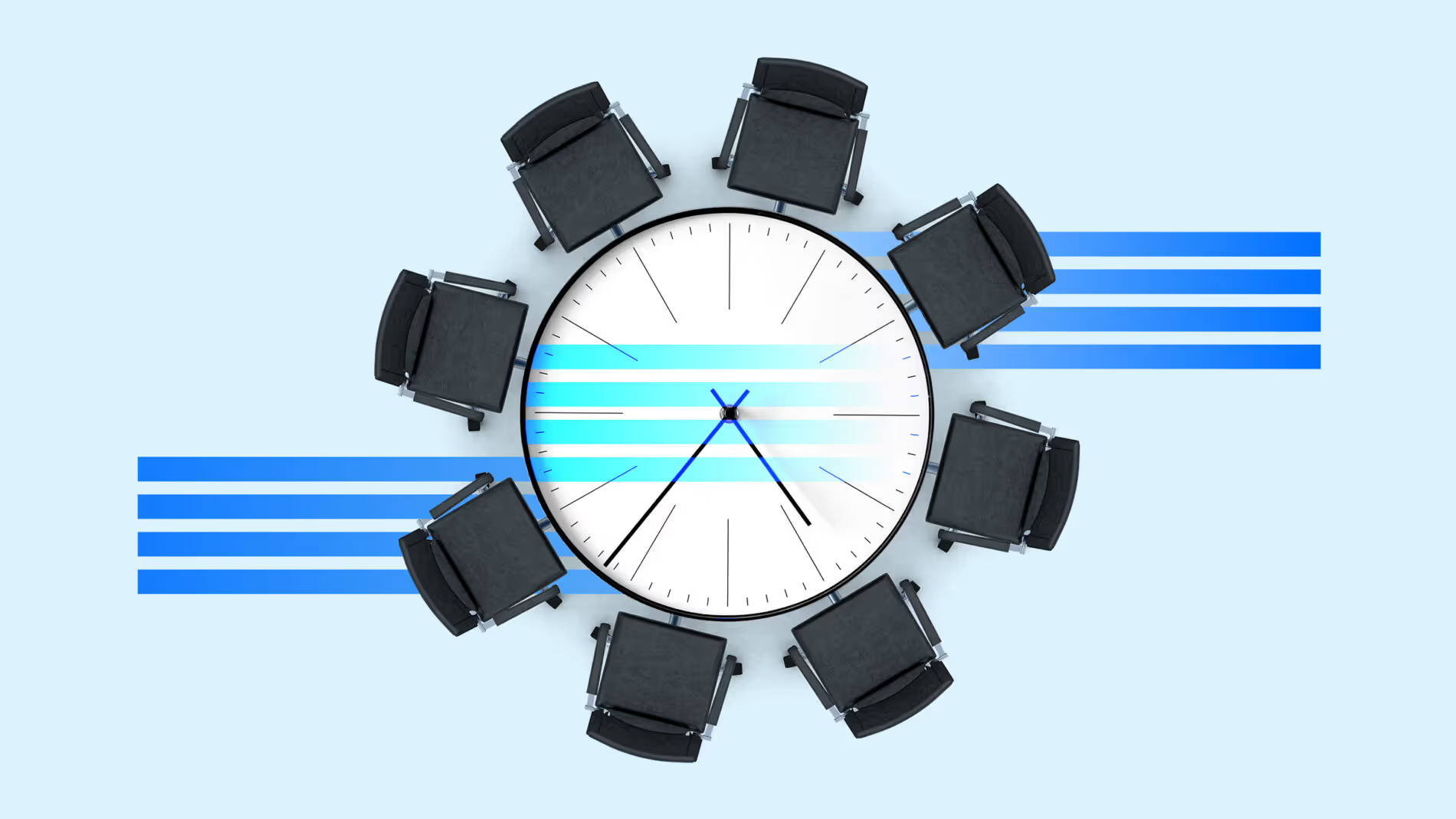Spending 10 Minutes a Day on Mindfulness Subtly Changes the Way You React to Everything

This is an updated version of the article originally published in Harvard Business Review.
Leaders across the globe feel that the unprecedented busyness of modern-day leadership makes them more reactive and less proactive. There is a solution to this hardwired, reactionary leadership approach: ‘mindfulness’.
Having trained thousands of leaders in the techniques of this ancient practice, we’ve seen over and over again that a diligent approach to mindfulness can help people create a one-second mental space between an event or stimulus and their response to it. One second may not sound like a lot, but it can be the difference between making a rushed decision that leads to failure and reaching a thoughtful conclusion that leads to increased performance. It’s the difference between acting out of anger and applying due patience. It’s a one-second lead over your mind, your emotions, your world.
Research has found that mindfulness training alters our brains and how we engage with ourselves, others, and our work. When practiced and applied, mindfulness fundamentally alters the operating system of the mind. Through repeated mindfulness practice, brain activity is redirected from ancient, reactionary parts of the brain, including the limbic system, to the newest, rational part of the brain, the prefrontal cortex.
In this way mindfulness practice decreases activity in the parts of the brain responsible for fight-or-flight and knee-jerk reactions while increasing activity in the part of the brain responsible for what’s termed our executive functioning. This part of the brain, and the executive functioning skills it supports, is the control center for our thoughts, words, and actions. It’s the center of logical thought and impulse control. Simply put, relying more on our executive functioning puts us firmly in the driver’s seat of our minds, and by extension our lives.
One second can be the difference between achieving desired results or not. One second is all it takes to become less reactive and more in tune with the moment. In that one second lies the opportunity to improve the way you decide and direct, the way you engage and lead. That’s an enormous advantage for leaders in fast-paced, high-pressure jobs.
Here are five easily implemented tips to help you become more mindful:
- Practice 10 minutes of mindfulness training each day. Most people find mornings the best time to practice mindfulness, but you can do it any time of day. You can find a 10-minute guided mindfulness training program here.
- Avoid reading email first thing in the morning. Our minds are generally most focused, creative, and expansive in the morning. This is the time to do focused, strategic work and have important conversations. If you read your email as you get up, your mind will get sidetracked and you’ll begin the slide toward reactive leadership. Making email your first task of the day wastes the opportunity to use your mind at its highest potential. Try waiting at least 30 minutes, or even an hour, after you get to work before checking your inbox.
- Turn off all notifications. The notification alarms on your phone, tablet, and laptop are significant contributors to reactive leadership. They keep you mentally busy and put you under pressure, thereby triggering reactionary responses. They cause damage far more than they add value. Try this: For one week turn off all email notifications on all devices. Only check your email once every hour (or as often as responsibly needed for your job), but don’t compulsively check messages as they roll into your inbox.
- Stop multitasking. It keeps your mind full, busy, and under pressure. It makes you reactive. Try to maintain focus on a single task, and then notice when you find your mind drifting off to another task — a sign that your brain wishes to multitask. When this happens, mentally shut down all the superfluous tasks entering your thoughts while maintaining focus on the task at hand.
- Put it on your calendar. Schedule a check-in with yourself every two weeks to assess how well you’re doing with the previous four tips, or as a reminder to revisit this article to refresh your memory. Consider engaging one of your peers to do the same thing. This gives you a chance to assess each other, which can be both helpful and motivating. We encourage you to give these tips a try. Although mindfulness isn’t a magic pill, it will help you more actively select your responses and make calculated choices instead of succumbing to reactionary decisions.




















.png)





